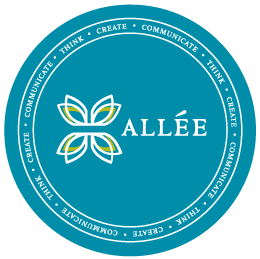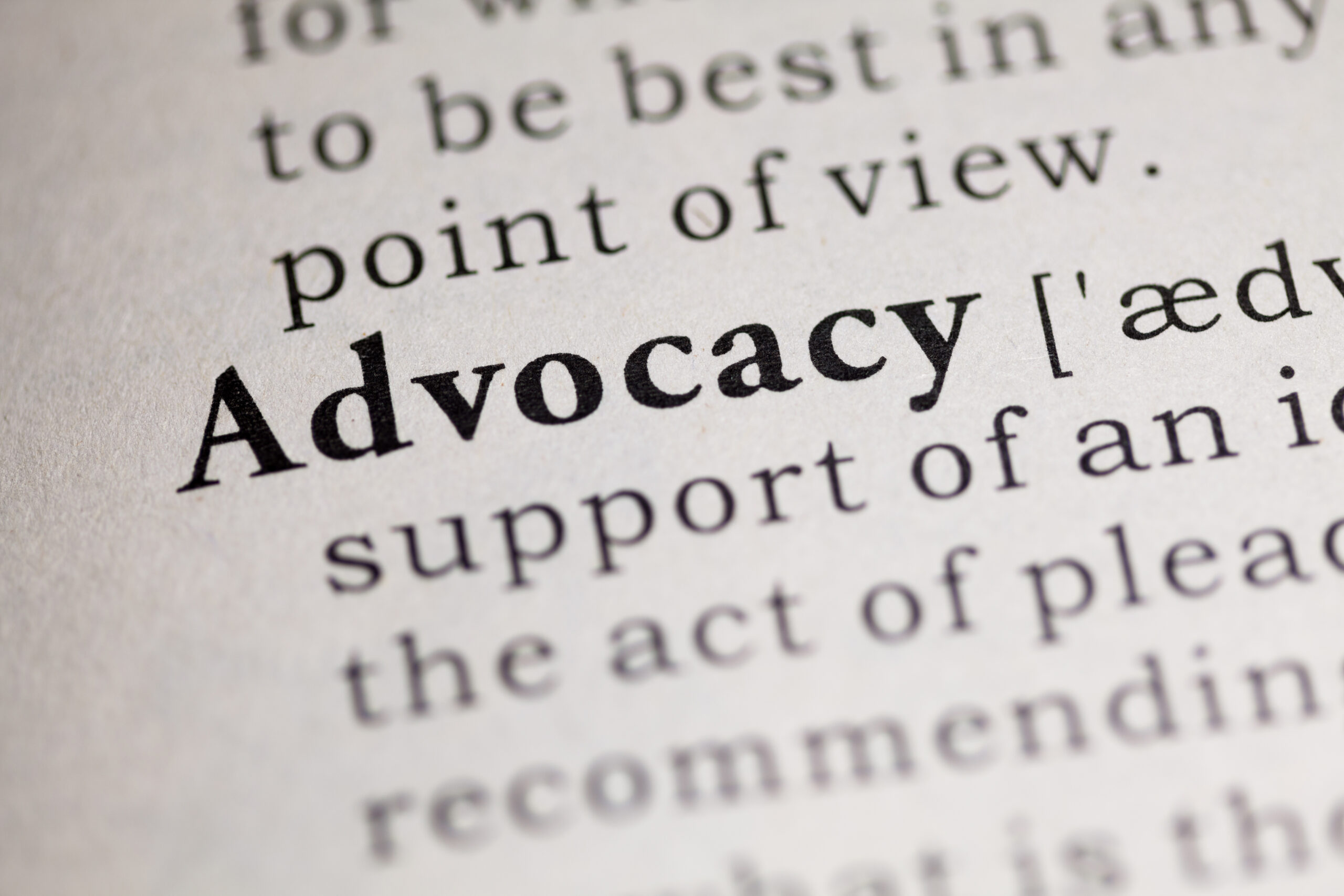Once upon a time, in a land far, far away (or pre-2010s United States) companies big and small were all but verboten to talk about anything that didn’t explicitly relate to their product or service. They were to stay under the radar, remain neutral in divisive social issues and hot topics in current events and international relations. No one wanted to stir the pot, for fear of tarnishing their brand image and/or corporate reputation.
The last decade has seen a more-than-noticeable jump in how often brands make their values known. Whether it is due to the influence of Millennials and Gen Z looking for more transparency, the explosion of social media or the ease in which we are able to consume media, it may be too soon to tell. But one thing’s for sure: Companies are taking sides and sharing their values. They are taking a stand and sticking with what they feel to be right. These stances come with varying responses and effects on their brand image and revenue.
Here are just a few notable instances of how brands are showing their values in the world today.
Patagonia: Save the planet.
Patagonia has not only been one of the leading brands for outdoor apparel since 1984, it’s become virtually synonymous with environmentalism and sustainability. The company has funded environmental nonprofits since 1985, donating $100 million over the years, a Forbes article indicates. Patagonia founder and CEO Yvon Chouinard also co-founded 1% For The Planet in 2002, which has since inspired businesses across the globe to donate $175 million to sustainability efforts and initiatives. Most recently, Patagonia (very) publicly announced that it would be donating $10 million – its kick-back from Trump’s most recent tax cuts which lowered the tax rate for corporations from 35% to 21% – to grassroots environmental groups. Lastly (and perhaps most significantly), Patagonia once changed the front page of its website to read the following over an all-black background: “The President Stole Your Land.” This was in response to the administration’s reduction of Bear Ears and Grand Staircase-Escalante National Monuments. Chouinard proceeded to tell CNN in December 2017 of his plans to sue the man in question.
If you think all this heat is causing problems for Patagonia, you’re wrong. So much so that according to Patagonia CEO Rose Marcario, “Any time that we do something good for the environment, we make more money.”
Nike: Stop racism in its tracks.
San Francisco 49ers quarterback Colin Kaepernick threw the NFL into the social justice spotlight in 2016 when he refused to stand at attention during the national anthem. He used his fame in such a way to publicly protest the injustices of this country against African Americans through institutionalized racism and police brutality. Since then, his professional football career has ended, but his work in social justice has just begun. Nike ran this ad starring Kaepernick, along with the viral twist on their “Just Do It”: “Believe in something. Even if it means risking everything.”
In the weeks that followed, the social media universe was rife with videos of people burning their Nikes and swearing off the athletic apparel brand for good. Despite this pyromaniac boycott, the ad (and Kaepernick’s involvement in it) earned them $6 billion to date.
Gillette: Put an end to toxic masculinity.
Gillette decided to use their age-old slogan, “the best a man can get,” in a whole new way earlier this year, following the #MeToo movement that drew attention to sexual harassment across the world. In January 2019, the company launched a new campaign around “the best men can be,” calling out toxic masculinity and ending with a chilling CTA to men everywhere to hold each other accountable and be the best version of themselves. Gillette also committed to donating $1 million each year for the next three years to “nonprofit organizations in the United States that work with men to tackle some of these issues,” according to its website.
People aren’t just throwing their money at the bright and shiny anymore; they’re voting with their wallets, they’re taking a stand in the issues that matter to them through their purchasing power and brand advocacy choices. Many of the world’s biggest brands have joined this movement of good. What happens next is in the hands of the consumer.
What brands have you noticed taking a stand? Sound off in the comments, below! Better yet, get in touch with us to discuss how we can work with you on your brand positioning efforts.



